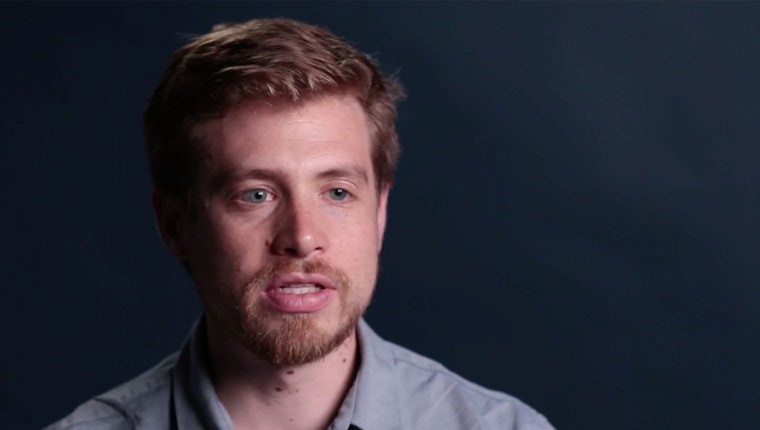Why Breaking the Silence Needs the Right to Keep Silent
By Daniel Simons
Do nongovernmental organizations (NGOs) have a right to keep their sources of information confidential? This question is at the heart of an ongoing court case in Israel, which pits Breaking the Silence (BtS), an organization of Israeli military veterans, against the state attorney.
Over the past decade, BtS has collected, fact-checked, and published over a thousand testimonies from Israeli soldiers about their experiences serving in the Occupied Territories. The accumulated stories reflect concerns within the military over a deterioration of moral standards, and frequently challenge the official narrative of events.
The group’s most recent report, for instance, presented testimonies from the 2014 Gaza War; the stories revealed discrepancies between what the Israeli Defense Forces and government spokespersons told the public about what happened in Gaza, and the reality described by the soldiers on the ground. Not surprisingly, given the risks of intimidation or prosecution for speaking out, most of those who have offered testimony have requested anonymity.

On January 12 of this year, the Israeli state attorney launched legal proceedings to compel BtS to hand over some of its documentation. The attorney claims the material is needed for an investigation into possible offenses committed by soldiers during the 2014 Israel–Gaza conflict. BtS strongly opposes the demand, which it regards as a ploy to undermine its work, rather than a genuine attempt to hold the army accountable for abuses during the Gaza campaign.
Complying with the state attorney’s request would mean breaking its promise of anonymity to those who came forward with testimony, and would deter other soldiers from sharing their stories in the future. BtS points out that cabinet members including the prime minister have repeatedly vilified BtS, and that the state attorney’s investigation into the Gaza conflict seems to be targeting comparatively minor offenses committed by low-ranking soldiers.
The right of journalists to protect their sources, or the “reporter’s privilege” as it is known in some countries, is firmly established in international law, as well as in the national law of many countries. Whether NGOs (and other social communicators outside of the traditional media) can also invoke this right has received much less attention. It is a question of particular importance in a world where whistleblowers and other sources increasingly rely on NGOs or individual bloggers, rather than traditional media, to relay their stories to the public.
Given the significance of this case, the Open Society Justice Initiative has worked with eight leading international experts to prepare an amicus curiae brief which provides the Magistrate’s Court in the town of Petah Tikva, which is hearing the case, with a summary of relevant international and national law and practice.
The brief finds that the available precedents support the principle that BtS has the right to protect its sources. It points out that the underlying purpose of source protection is to ensure that the public is well-informed, and that instances of wrongdoing or dysfunction do not go unreported—an objective that “watchdog” NGOs like BtS contribute to. Since anyone can call himself or herself a journalist, without the need to pass an exam or swear an oath, it is difficult to sustain that traditional journalists are more professional, impartial, or ethical than the employees of NGOs.
The brief also notes that the right to protect sources is not absolute and that exceptions can be made—for example, when necessary for the investigation of serious crimes. However, a number of very stringent conditions must be met, and exceptions must indeed be exceptional, because a disclosure order can have a long-term deterrent effect on the willingness of sources in general to speak with the media or NGOs.
The Petah Tikva Magistrate’s Court is due to rule on the admission of the amicus curiae brief in coming weeks. The next hearing in the case is set for November 17.
Breaking the Silence is a grantee of the Open Society Foundations, and its attorney, Michael Sfard, is an Open Society Fellow.
Until May 2017, Daniel Simons was a legal officer for freedom of information and expression at the Open Society Justice Initiative.